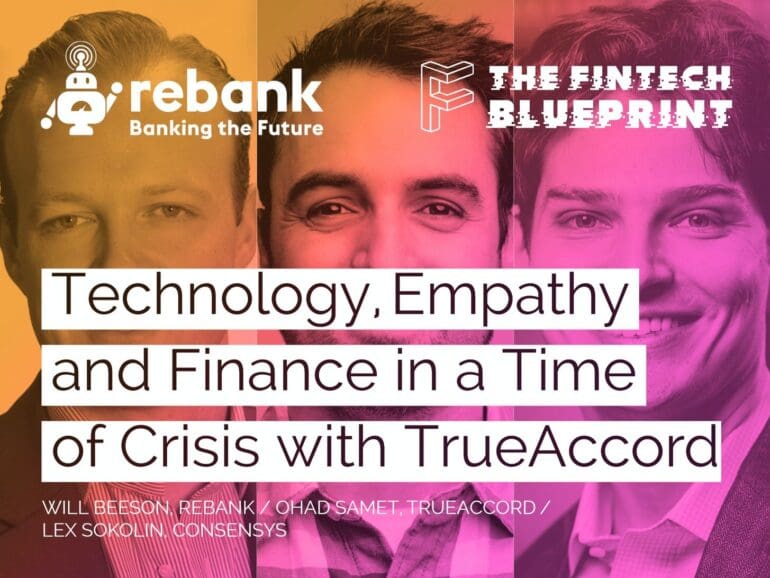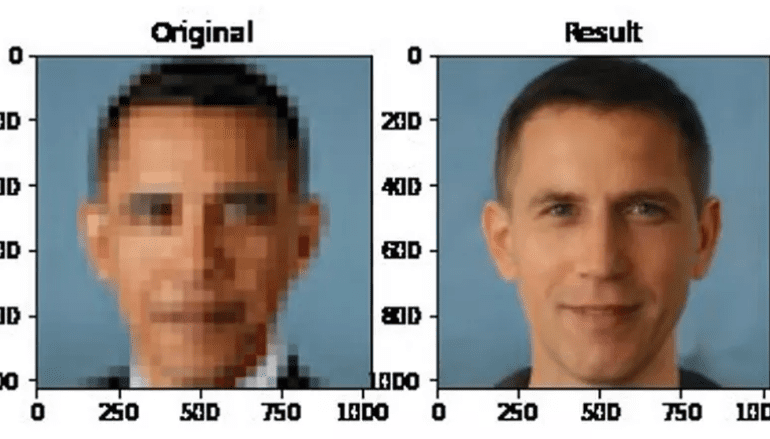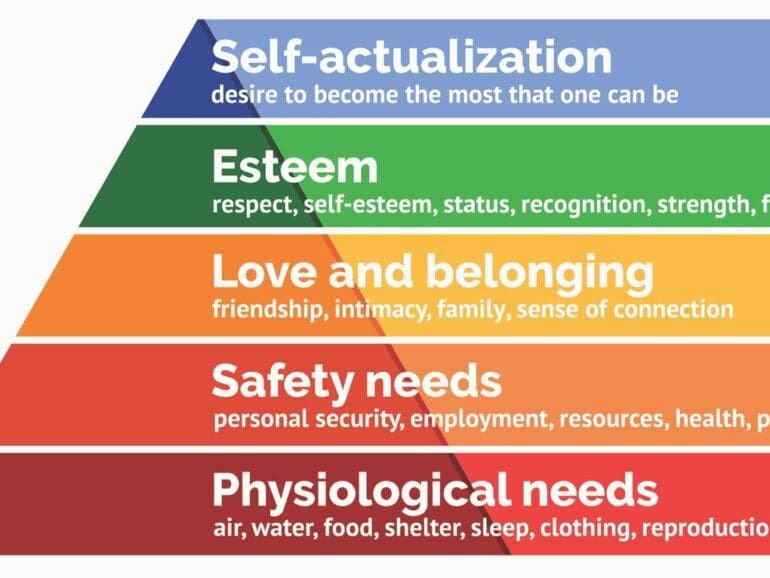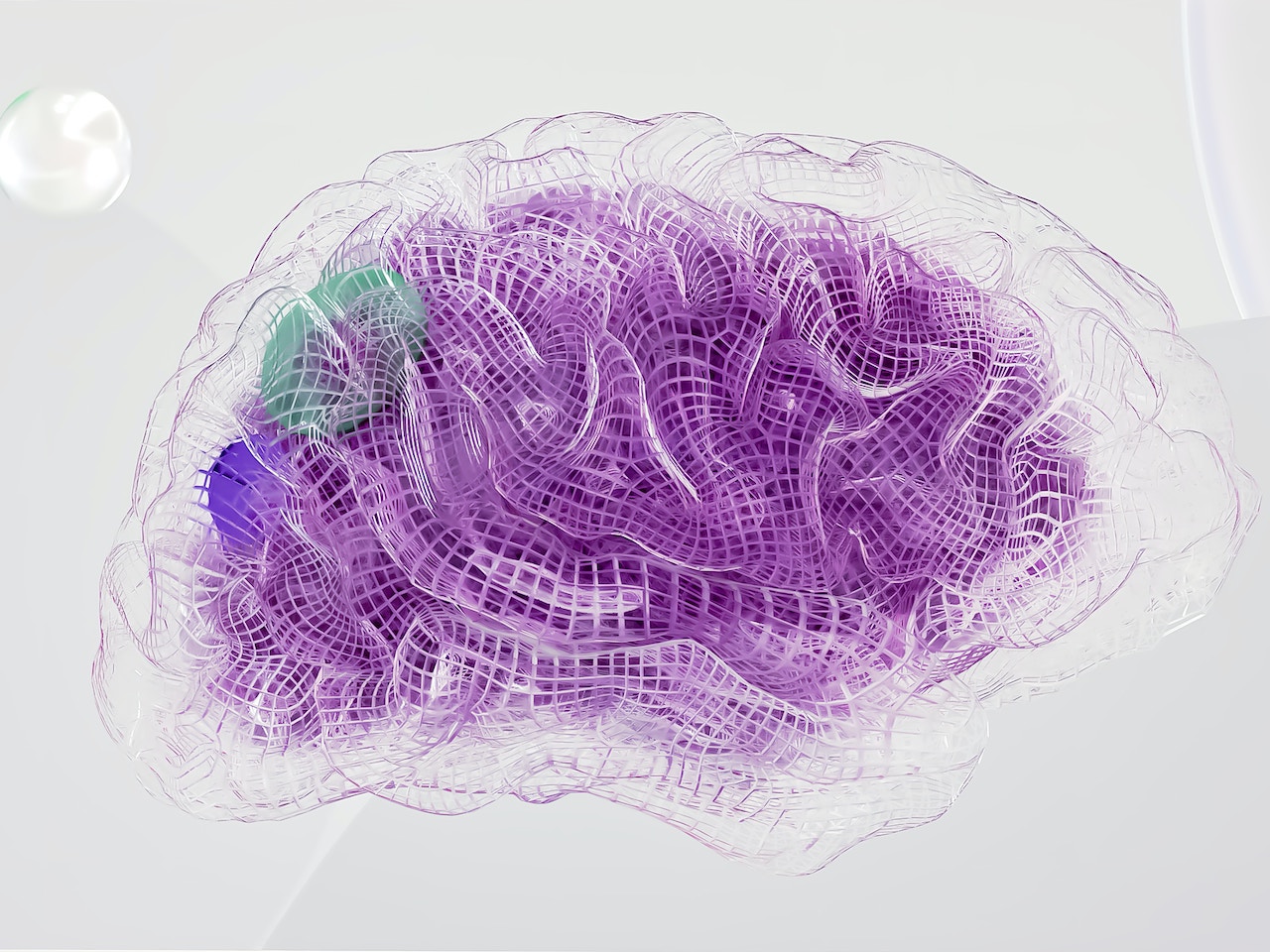In this episode, we connect with serial founder Ohad Samet, CEO of TrueAccord. Ohad has been working in fintech machine learning for a decade and a half, applying multi-dimensional mathematics to consumer finance. The result? A more empathetic approach to the traditionally gnarly problem of debt collection.
The increased use of AI in financial services is inevitable, but for it to fully flourish, many issues must be addressed, including legal, educational and technological ones. As they get resolved, several factors will still increase use in the interim.
What we know intuitively, and what the software shows, is that the pixelated image can be expanded into a cone of multiple probable outcomes. The same pixelated face can yield millions of various, uncanny permutations. These mathematical permutations of our human flesh exit in an area which is called “latent space”. The way to pick one out of the many is called “gradient descent”.
Imagine you are standing in an open field, and see many beautiful hills nearby. Or alternately, imagine you are standing on a hill, looking across the rolling valleys. You decide to pick one of these valleys, based on how popular or how close it is. This is gradient descent, and the valley is the generated face. Which way would you go?
FedNow may have sparked some real time urgency but institutions may still be stuck in the "receive only" phase. Cloud could help.
GenAI has a lot of potential in financial services, but accuracy may be holding it back. Human interaction could help.
In the long take this week, I try out a contrarian point of view on personal finance chatbots. Trim, a savings chatbot, just withdrew support from Facebook Messenger. While lots of other chatbots are still invested in conversational banking, what could we take away from the counterfactual of chatbots failing to get B2C traction? What is the impact on the rest of the platform wars waged by Amazon, Google, and Tesla for connected homes, cars, and the Internet of Things?
This week, we look at:
What it means to ask questions and find answers
From asking simple questions that result in neobanks and roboadvisors. Who will win — Schwab or Robinhood?
To asking macro questions about the finance / high-tech competition. Who will win — Goldman Sachs or Google?
To asking profound questions about the nature of the work, and the art of finding your own questions.
We can't formulate the questions for you. But we can give you a framework of needs for both the individual, and the organization.
The questions that you ask are the answers that you will get.
InformedIQ helps lenders find opportunities in today’s challenging environment while others pull back. The main difference is who embraces AI.
AI GPT, is known for its "generative" attributes, but the transformer model underlying its evolution could make the biggest impact.
·
While more people are shopping online, they are increasingly concerned about their digital security. Might passkeys be the answer? Quintin Stephen believes they will help.











